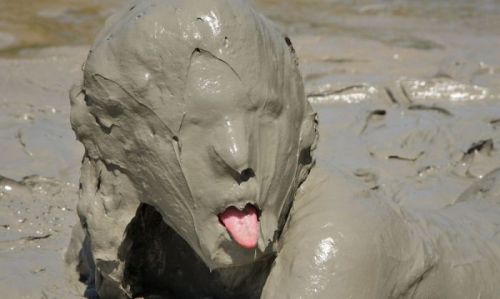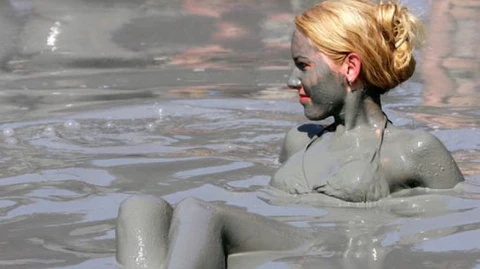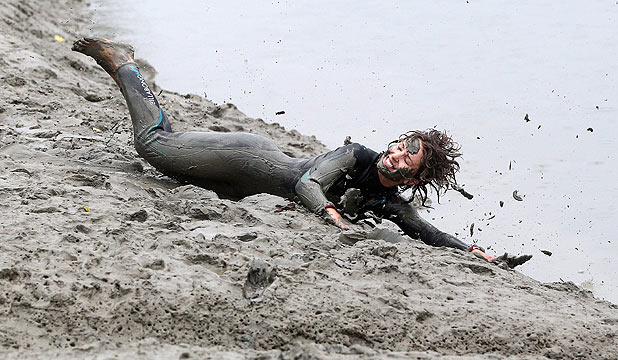
Famous writers aren’t as famous as celebrities from other walks of life, such as actors or rock stars. There are exceptions to the Known By Looks stuff, such as Neil Gaiman doing a rock star image and Donna Tartt’s actor poise, but they’re hardly household names.
Most readers remember title and scenes while forgetting writer, let alone publisher, year of release, cover art, and all the rest us book people may know and chat about on Book Tube.
Art and artist are separate BUT: If a writer is a bigot or in some other way distasteful or opposed to humanism’s standards of acceptance and democratic inclusiveness, one becomes reluctant to give that writer money, which is tantamount to supporting them and their views.
So reading the work isn’t the same as buying the work.
Vetting writers before reading is like Nazis demanding loyalty tests. That’s vile. Readers should let the text speak for itself. If it fails, DNF it.
A good rule of thumb is to find out if the hate, the bad things, are in the text of the book. If so, maybe it needs to be discussed or discarded.
If it’s not in the text, we’re back to whether to buy a book and thus give a pay day to the cruddy writer is justified.

Warranted purchases are also distinct from innocent ones. You might buy, read, enjoy, and talk up a book only later to find the writer’s a thuggish prig spouting hate. That isn’t your fault, and if the work doesn’t contain the hate, it remains apart from its creator.
You mentioned Orson Scott Card. His homophobic remarks disgust and repel me. However, I dismiss and reject Ender’s Game on the grounds that it, in its text, in its storyline, in its emphasis, supports a fascist view of using children in war. It’s End Justifies Means and Categorical thinking, Us vs. Them At All Costs, and it’s revolting. The work itself gags me, quite apart from the pear-shaped little Orson gagging me.
As to Cixin Liu’s anti-democracy, pro-fascist views, consider the source. He’s from a society that represses unapproved views, a culture that literally commits genocide against groups that don’t toe the party line. That a writer from such a place is programmed in many ways to have views unacceptable among free, liberal human beings is no surprise.
Is it a reason to avoid his work? Depends whether the work is full of such attitudes and opinions, which seems inevitable given their plots. One can read Mein Kampf without becoming a Nazi. We can even learn from such screeds.
As to Only Good People Can Make Good Art, uh, no. LOL Not by a long shot. Brahms was a dirty old man who told rude jokes and copped feels from underaged girls. Liszt was a proliferate lover of anyone who passed near him, as was Picasso and so many others.
Of course, there is the example of Leni Riefenstahl, brilliant documentary film maker who worked in the Third Reich. Due to her Nazi affiliation, her work has been denigrated, dismissed, and ignored by cinephiles and cinema critics. They’ll concede it’s “technically” good, then demur.
Yet at the same time, under Operation: PAPERCLIP, the US Government whitewashed the records of Nazi scientists and sneaked them into America to work on rocket, missile, and space exploration design and development. Werner Von Braun was famous, one of Walt Disney’s pals, and on TV a good deal, or in newsreels. His good looks and confidence won many fans. He used Nazi slave labor, working and starving people to death, while he was in Germany during the war.
Double standards prevailed then, continue to hold sway now. Some get a pass, others are condemned for the slightest slip of tongue or typing.
In Victorian England, Oscar Wilde was jailed for a considerable time, convicted of having had an affair with a man whose father was rabidly anti-homosexual and rich and powerful enough to make his hate stick. Never piss off a British aristocrat would be the lesson, no matter how witty one may be.
Alan Touring, math genius, helped win the war against the Nazis by decoding, yet was hounded, persecuted, and eventually ended up dead for being gay. Talk about separating art and artist.
It’s certainly no better today, with extremists of all stripe shooting, burning, and bombing anyone toward whom their ire is raised by right wing hate speech and stochastic triggers. It’s so bad publishers are bowdlerizing work, such as that of Roald Dahl and Ian Fleming and who knows how many others, in order to strip out dog-whistle words that might, possibly, maybe spark a swarm of hate to descend on them, thus cutting their profits.
Money in the form of profit is always the soft spot when it comes to small loud groups bullying mammoth corporations.
Yes, we began by talking about books and have ended up knee-deep in the bloody gore of terrorism and political capitalism’s cynicism.
Slip-and-Slide, anyone?
Fascists will always use Art in culture war against humanism, democracy, and equality. Those ideas terrify fascists, who seek full control of everything and everyone at all times.
We by Yvgeny Zemyatin, 1984 by George Orwell, It Can’t Happen Here by Sinclair Lewis. So many detailed warnings ignore, and BOHICA – Bend Over, Here It Comes Again.
Art is either Good or Not Good and remains distinct from the Artist, who is either good or not. There have been any number of superb books written by people few could stand to be around. To be an Artist requires a certain amount of distance from society, for perspective, and a lot of solitude, giving time and space for creating, which will be seen as disdain.
If the work contains a creator’s flaws, then it falls short of art and collapses into shrill, strident, ignorable propaganda, so there y’go. That’s how we can tell, from what ever window through which our current social attitudes squint. Through a glass, darkly — Plato’s cavern shadows — we tend to impose modern notions on past work, and to insist contemporary work stay inside established lines of what’s acceptable.
When the French Academy first saw plein air art, Impressionism, paintings showing — gasp — views of landscapes and ordinary people instead of flattering portraits of royalty and rich patrons, it spasmed into instant rejection. Today, Impressionism, particularly Monet, is the most popular type of art, beloved globally. Forcing procrustean standards on Art renders it insipid, faltering, and inert.
For Art to live it must be free to roam any wilderness it can find.
Clear as mud, right?

///



